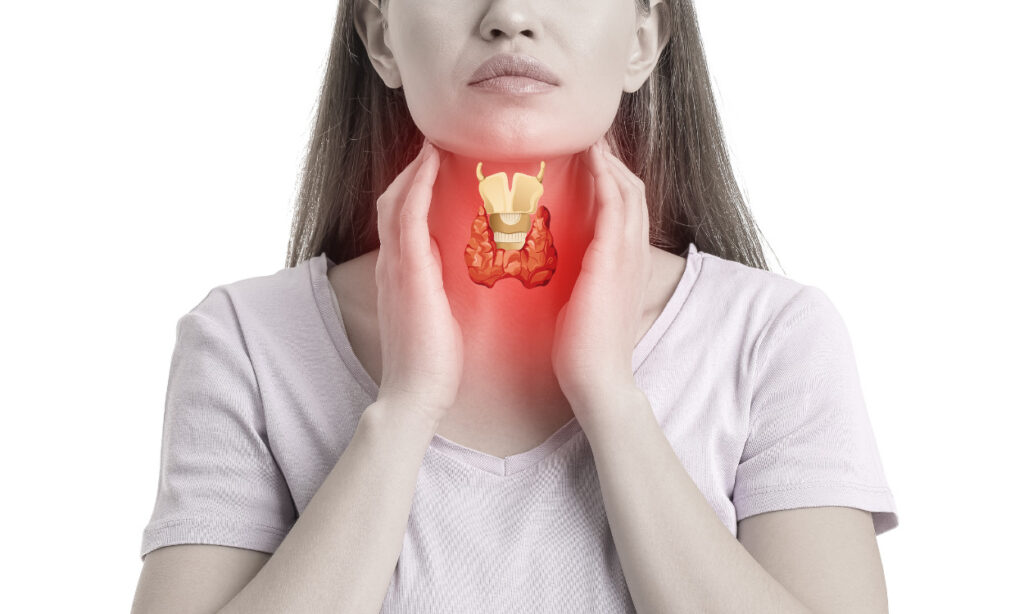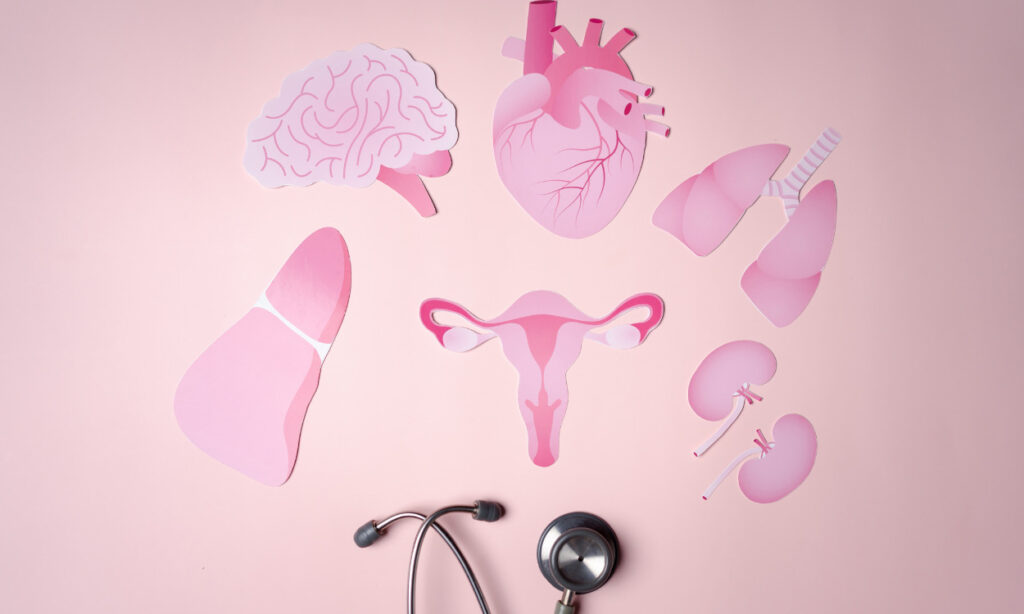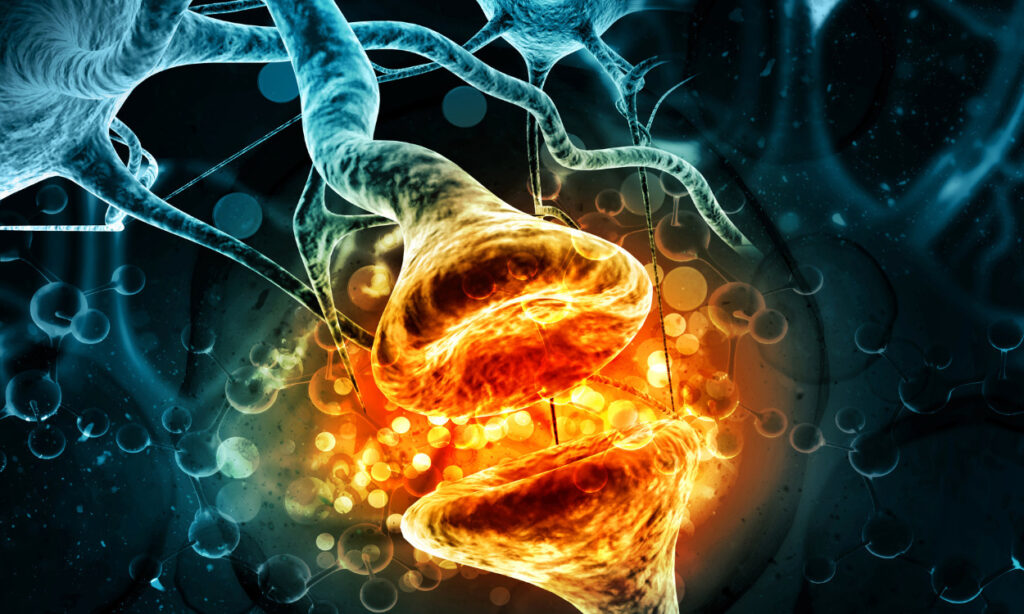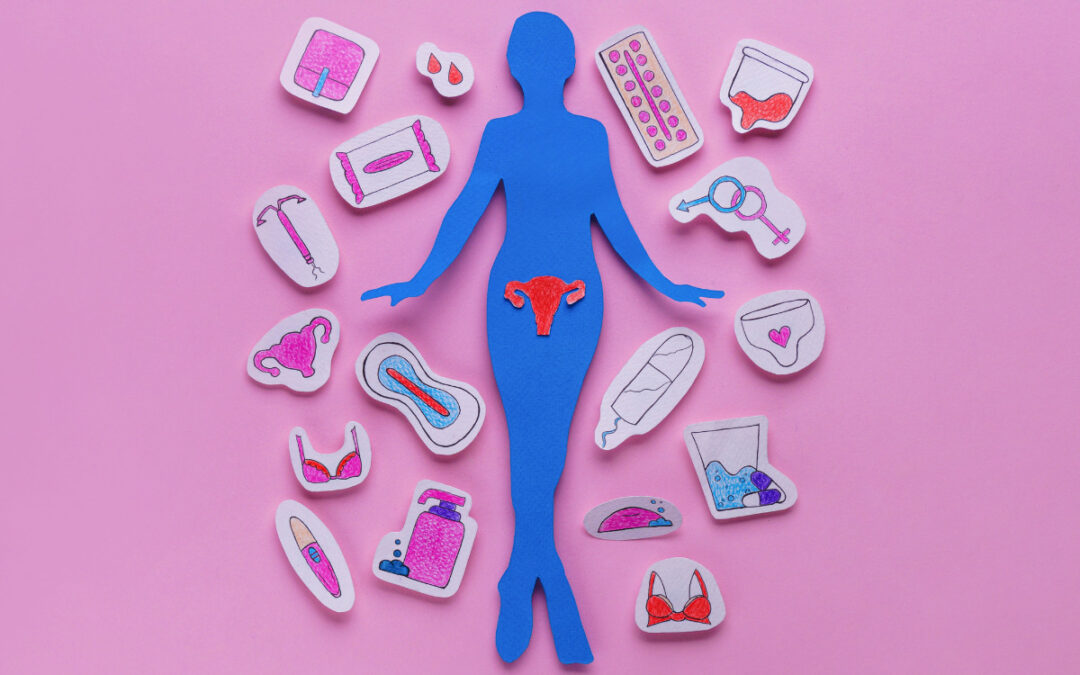In the intricate dance of the human body, hormones act as the conductors orchestrating the symphony of physiological processes. For women, hormones play a pivotal role in various aspects of health, influencing everything from reproductive functions to mood regulation. Explore the essential role of hormones in women’s health with this simple guide. Uncover the fascinating impact these tiny messengers have on your overall well-being.
Understanding the Players:
Estrogen: The Queen of Hormones
Estrogen is a powerhouse hormone that takes center stage in women’s reproductive health. Responsible for regulating the menstrual cycle, it also contributes to bone health and skin elasticity. Fluctuations in estrogen levels can lead to symptoms like mood swings, hot flashes, and changes in libido.
Progesterone: Balancing Act
Progesterone complements estrogen by regulating the menstrual cycle and supporting pregnancy. Its calming effects counterbalance the potential mood swings associated with estrogen. Imbalances in progesterone levels may contribute to menstrual irregularities and fertility issues.
Testosterone: Not Just for Men
While often associated with men, testosterone is also present in women, albeit in smaller amounts. It plays a crucial role in maintaining energy levels, muscle mass, and libido. Low testosterone levels in women may result in fatigue, reduced muscle tone, and a decrease in sexual desire.
Thyroid Hormones: The Metabolic Maestros

The thyroid gland produces hormones (thyroxine and triiodothyronine) that regulate metabolism, affecting energy levels, weight, and body temperature. Imbalances in thyroid hormones can lead to conditions like hypothyroidism or hyperthyroidism, impacting women’s overall well-being.
Cortisol: The Stress Hormone
The adrenal glands make cortisol, and it helps your body handle stress. While essential for survival, chronic stress can lead to elevated cortisol levels, contributing to issues such as weight gain, sleep disturbances, and immune system suppression.
Navigating Women’s Health Challenges:
Menstrual Health: Riding the Hormonal Waves

Understanding the menstrual cycle is crucial for women’s health. Hormonal fluctuations during the menstrual cycle can influence mood, energy levels, and physical well-being. Implementing lifestyle changes, such as regular exercise and stress management, can help alleviate menstrual symptoms.
Bone Health: Estrogen’s Protective Role
Estrogen is important for keeping bones strong. As women get older and have less estrogen, the chance of getting osteoporosis goes up. Adequate calcium intake, vitamin D, and weight-bearing exercises are essential for supporting bone health throughout different life stages.
Mental Health: Hormones and Emotional Well-being
Hormones significantly impact emotional well-being. Fluctuations in estrogen and progesterone levels, especially during menstruation and menopause, can contribute to mood swings and anxiety. Prioritizing self-care, seeking support, and adopting stress-reducing strategies can positively impact mental health.
Conclusion:

In the intricate tapestry of women’s health, hormones are the threads that weave together the various physiological processes. Understanding the role of hormones empowers women to navigate the changes that occur throughout different life stages. By embracing holistic approaches that include balanced nutrition, regular exercise, and stress management, women can foster hormonal harmony and promote overall well-being.
FAQs:
Can hormonal imbalances be corrected naturally?
Yes, lifestyle changes such as a balanced diet, regular exercise, and stress management can positively impact hormonal balance. In some cases, supplements or hormonal therapies may be recommended under medical supervision.
How can women manage hormonal changes during menopause?
Adopting a healthy lifestyle, including a well-balanced diet, regular exercise, and stress reduction techniques, can help manage menopausal symptoms. Hormone replacement therapy (HRT) is another option that should be discussed with a healthcare provider.
Are hormonal fluctuations normal during the menstrual cycle?
Yes, hormonal fluctuations are a natural part of the menstrual cycle. However, if these fluctuations lead to severe symptoms, it’s advisable to consult with a healthcare professional to rule out underlying issues and explore potential management strategies.

